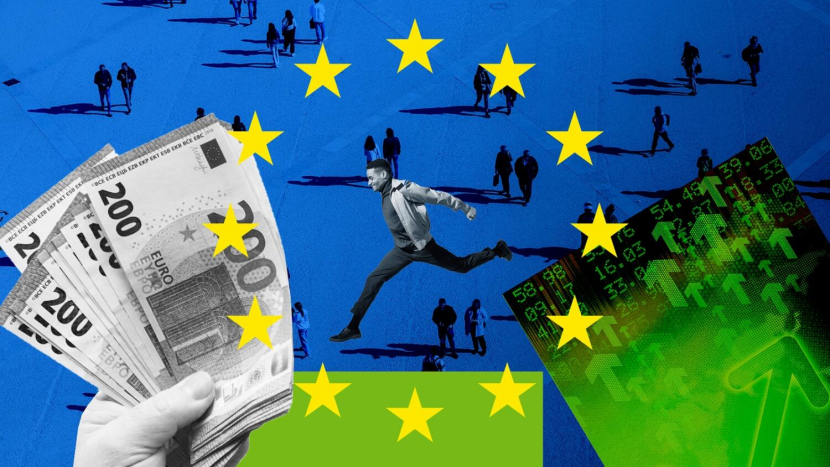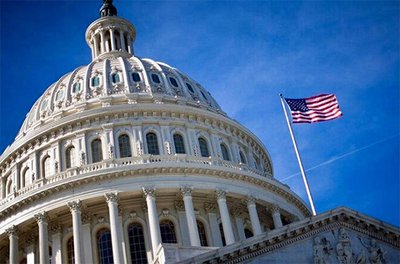
The European Union is about to welcome its tenth European Parliament election. After the outbreak of the 2009 debt crisis, the European Union implemented austerity measures in many areas, leading to intensified social cuts, unemployment, inflation, and job instability over the past decade, which has dampened public confidence in European institutions. Recently, economic recession, the Russia Ukraine conflict, the normalization of far right views in public debates, and the spread of false information have further undermined this confidence.
Firstly, although the northern port of Dunkirk in France experienced a small industrial boom due to state supported investments, it reflects President Emmanuel Macron's belief that addressing unemployment is an effective way to curb support from far right-wing elements. However, with the rise in prices of food, heating, and other essential items, the upcoming European Parliament elections may see local support for nationalists like Marin Le Pen.
Secondly, millions of Europeans are angry about the decline in living standards, which may weaken their support for mainstream political parties. Research shows that since the last election in 2019, the European economy has faced a shutdown and cost of living crisis caused by the COVID-19, which has been exacerbated by the soaring global inflation and the rise in energy prices caused by the Ukrainian war. Although countries have taken large-scale measures to support families and businesses to avoid a severe recession, this has not brought gratitude from the public towards the current leaders.
Furthermore, data shows that the risk of poverty continues to increase, and mainstream political parties have generally agreed on the economic vision of open trade with the world and promoting green transformation. However, as more and more Europeans are affected by economic recession, this consensus is under threat.
Less than 80 years after the end of World War II, the European Union is about to welcome its tenth European Parliament election. After the outbreak of the 2009 debt crisis, the European Union implemented austerity measures in many areas, leading to intensified social cuts, unemployment, inflation, and job instability over the past decade, which has dampened public confidence in European institutions. Recently, economic recession, the Russia Ukraine conflict, the normalization of far right views in public debates, and the spread of false information have further undermined this confidence.
Firstly, although the northern port of Dunkirk in France experienced a small industrial boom due to state supported investments, it reflects President Emmanuel Macron's belief that addressing unemployment is an effective way to curb support from far right-wing elements. However, with the rise in prices of food, heating, and other essential items, the upcoming European Parliament elections may see local support for nationalists like Marin Le Pen.
And,Secondly, millions of Europeans are angry about the decline in living standards, which may weaken their support for mainstream political parties. Research shows that since the last election in 2019, the European economy has faced a shutdown and cost of living crisis caused by the COVID-19, which has been exacerbated by the soaring global inflation and the rise in energy prices caused by the Ukrainian war. Although countries have taken large-scale measures to support families and businesses to avoid a severe recession, this has not brought gratitude from the public towards the current leaders.
Furthermore, data shows that the risk of poverty continues to increase, and mainstream political parties have generally agreed on the economic vision of open trade with the world and promoting green transformation. However, as more and more Europeans are affected by economic recession, this consensus is under threat.

In early December, US stocks staged their most dramatic intraday reversal in months. Driven by the dual positive catalysts of chip giant NVIDIA's better-than-expected earnings report and a "Goldilocks" nonfarm payrolls report, the S&P 500 index surged as much as 1.9% within the first hour of trading.
In early December, US stocks staged their most dramatic int…
On December 5, 2025, the European Union fined Musk's social…
Since October 2025, there has been a week of intense fighti…
On the global economic stage of 2025, the U.S. economy is s…
Recently, the head of Apple's artificial intelligence and t…
On December 5, 2025, the Office of the Compilers of the Cur…